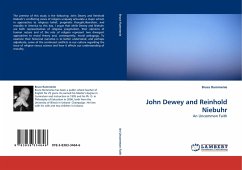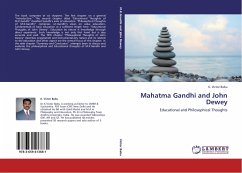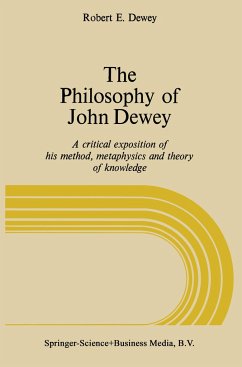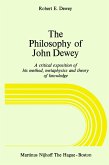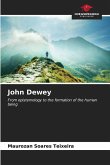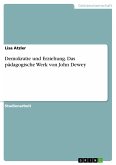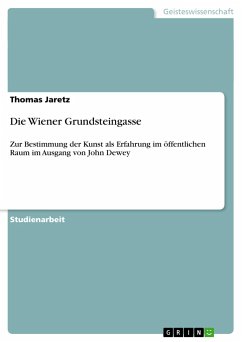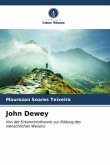The premise of this study is the following: John Dewey and Reinhold Niebuhr s conflicting views of religion uniquely articulate a major schism in approaches to religious belief, pragmatic thought,liberalism, and morality in America to this day. I argue that while Dewey and Niebuhr are both representatives of religious pragmatism, their opinions of human nature and of the role of religion represent two divergent approaches to moral theory and, consequently, moral pedagogy. To examine their historical narrative is to better understand, and perhaps adjudicate, some of the continued conflicts in our culture regarding the issue of religion versus science and how it affects our understanding of morality.
Bitte wählen Sie Ihr Anliegen aus.
Rechnungen
Retourenschein anfordern
Bestellstatus
Storno

